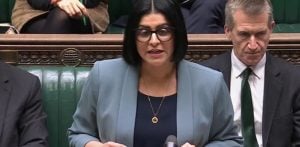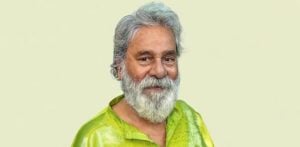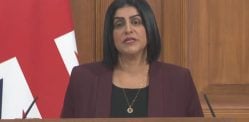many of Shabana Mahmood’s proposals are not new.
Shabana Mahmood triggered a major political debate after outlining a new direction for UK immigration policy.
Her announcement on November 17 is a significant moment for Labour, which now faces scrutiny over how it will balance border control with refugee rights.
The proposals arrive at a time when public concern over migration remains high, and political pressure from the right is increasingly vocal.
Supporters see the changes as a firm response to a long-running political challenge, while critics warn they risk repeating mistakes made elsewhere.
We examine the new approach, the ideas behind it, and the potential consequences for refugees and the UK.
Continuing a Pattern of Restrictive Immigration Policy
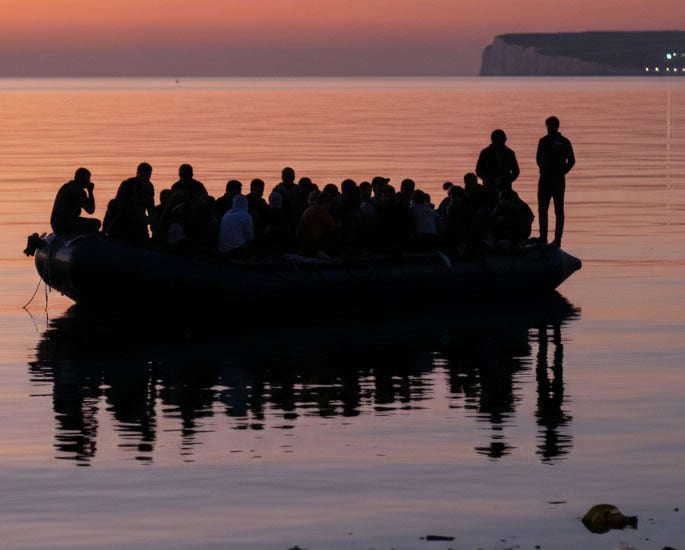
Although presented as a decisive reform, many of Shabana Mahmood’s proposals are not new.
The idea of shortening refugee status was first floated under Priti Patel, who aimed to make asylum claims less secure.
The current five-year pathway was itself introduced by Tony Blair’s government in 2005 as a deterrent, replacing an approach that provided immediate settlement to recognised refugees.
These measures did not reduce asylum claim numbers or the political pressure surrounding immigration, suggesting limited deterrent impact.
Some European countries have previously introduced policies restricting access to accommodation and state support.
Evidence from cities such as Paris and Brussels shows that these decisions produced homelessness and visible street encampments.
Despite the hardship, they did not reduce the number of people seeking asylum. Instead, authorities faced new challenges relating to public health, safety, and urban management.
Labour’s proposals also reflect elements of the “Danish model”, which has influenced right-leaning immigration strategies across Europe. Denmark has adopted strict policies targeting refugee settlement and integration, tightening rights in the hope of reducing applications.
Australia pursued comparable measures, including offshore detention and maritime pushbacks, which generated controversy and legal battles.
These policies did not bring long-term political resolution, and debates around immigration remain active and polarised in both countries.
Countries that have adopted harsh asylum systems continue to experience calls for further restrictions.
Political debate has not settled, despite efforts to demonstrate strength at the border. Analysts argue that this suggests deterrence-based systems do not end pressure from anti-migrant movements.
Instead, governments face ongoing demands for even tougher measures while contending with the humanitarian and administrative consequences.
Potential Economic & Administrative Effects
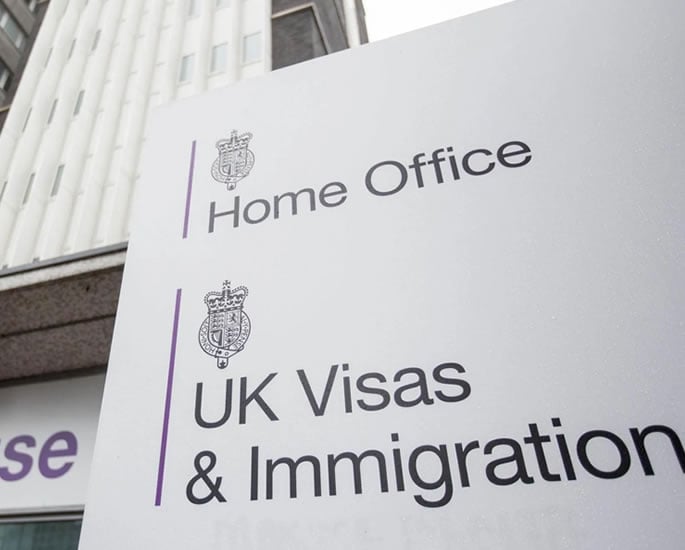
The new policies are likely to increase administrative costs rather than reduce them.
Requiring people to reapply for refugee status every 30 months places additional strain on the Home Office.
More caseworkers, legal reviews, and appeals will be needed. Increased processing ensures the system becomes slower and more expensive.
Tightening support rules may also leave local authorities and charities managing the fallout of increased destitution.
These administrative pressures risk diverting resources from areas that could strengthen the immigration system.
Delays, backlogs, and complex appeals already shape public confidence in asylum management.
Reforms that add new layers of assessment may intensify public frustration without improving efficiency.
Research suggests that improving integration outcomes could deliver greater benefits.
A study by the London School of Economics found that providing legal assistance, early employment support, and language programmes allows refugees to contribute positively to the economy.
When people can work sooner, they rely less on public resources and build stronger ties within their communities.
Long periods of uncertainty and repeated reassessment make participation harder, leaving refugees unable to secure stable work or access skilled employment.
Spain demonstrates the potential of an alternative approach.
The Spanish government invests heavily in integration, providing swift access to language classes and employment systems. Its asylum process also allows quicker access to citizenship, reducing the instability that slows participation.
Economists credit these measures with supporting Spain’s strong economic performance compared with other European nations.
The country has also developed a more stable political consensus around immigration, contrasting sharply with nations that rely on cumulative deterrence measures.
Labour’s Strategic Challenge

Shabana Mahmood’s proposals highlight a difficult strategic question for Labour.
Some within the party argue that adopting tougher policies is necessary to limit the electoral influence of anti-migration groups.
However, international evidence does not support the view that adopting harsher measures reduces pressure from the political right.
Countries that have pursued strict policies continue to face demands for deeper restrictions, suggesting the strategy does not deliver long-term political stability.
Meanwhile, many voters remain most concerned about economic pressures, public services, and the cost of living.
Critics argue that the government risks focusing political capital on asylum while postponing decisions that could strengthen social and economic outcomes.
Support for more punitive immigration policy may also erode Labour’s traditional principles around equality and fairness, creating tensions within the party’s base.
Shabana Mahmood’s immigration proposals represent a decisive shift in the UK’s approach to refugee protection.
The measures reduce security, restrict support, and create greater uncertainty for those seeking safety.
Evidence from other nations suggests that deterrence-based systems impose significant human and financial costs while failing to resolve political pressure.
Examples from Spain show that investment in integration can strengthen economies and communities.
The coming period will reveal whether Labour remains committed to the new direction or considers a more constructive and evidence-led alternative.







